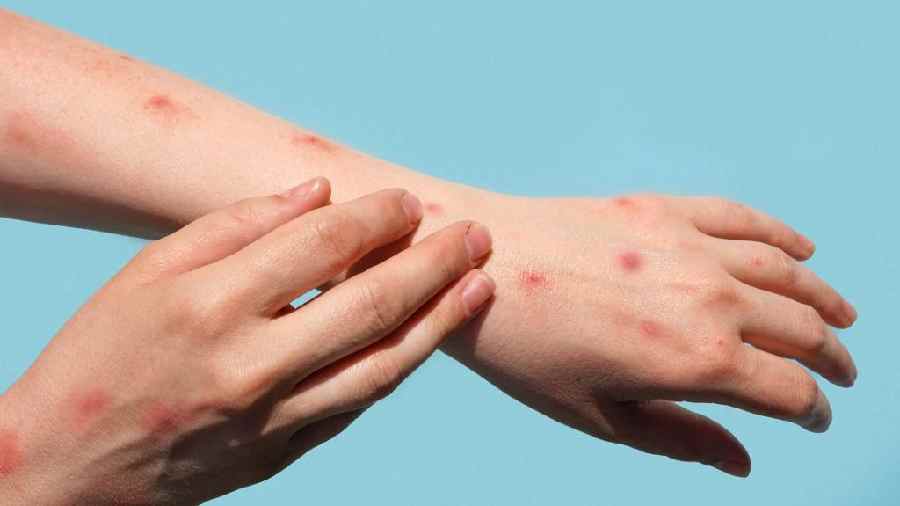Monkeypox is very unpleasant and it spreads very fast, but it’s not a real killer: 16,000 cases in 75 countries in just a couple of months is impressive, but there have been less than 10 deaths. Yet, the World Health Organization has declared monkeypox a global health emergency, which is a big deal. The only other infectious diseases in that category are Covid-19, which has already killed 6.4 million people, and polio. Targeting monkeypox seems disproportionate but there is a reason.
“Covid-19 is broadly viewed as being a ‘once in a lifetime’ or ‘once in a century’ pandemic. Modeling work based on historical data shows that this is not necessarily the case,” reported the epidemiological start-up, Metabiota. That is because “the frequency of ‘spillover’ infectious diseases like Covid is steadily increasing.”
It is increasing because quick-killer pandemic diseases only started thriving in human societies when we began living together in large numbers. Lethal viruses and bacteria probably always ‘spilled over’ into human populations from time to time, but if they infected little hunter-gatherer groups of 50 or 100 people they just died out along with the victims.
The natural home of those diseases were birds and animals. But when human beings started living in civilisations and domesticated some of those animals, the diseases happily transferred across and thrived amongst us.
For most of history, successful transfers did not happen all that often: big, new killer pandemics only came along every 500 years or so. However, now that there are nearly eight billion people and millions criss-cross the planet every day, the disease vectors have more opportunities to spread and they move much faster.
According to Metabiota’s calculations, it is even odds that we will have a new pandemic on the scale of Covid-19 in the next 25 years. It estimates the probability of another global pandemic as deadly as Covid to be between 2.5-3.3 per cent each year. It could even arrive next year.
Monkeypox is not that disease. Despite its rapid spread, it is transmitted mainly between men who have sex with men. There is an existing, fully-effective vaccine for it. And hardly anybody dies from it.
So the director-general of WHO, Tedros Adhanom Ghebreyesus, had some explaining to do when he decreed that monkeypox is a global emergency. He explained that it was to speed up research on “the new modes of transmission that have allowed it to spread” and to press countries to use vaccines and other measures to limit infections. These are all sensible things to do but they don’t justify declaring a global health emergency.
What he avoided saying is that he really intends it as a reminder of our peril and a spur to action. The whole pandemic response system needs an exercise that incorporates all the lessons learned from our stumbling response to Covid19 and monkeypox provides an excuse to do it.
Ghebreyesus is manipulating the system in a well-meant attempt to persuade the world to build better systems for containing dangerous emergent diseases and he may come under serious fire for doing so. But you can see his point; we haven’t learned enough from our harrowing experience with Covid. The vaccines were developed faster than in any previous pandemic and twothirds of the world’s population have received at least one dose, but the rate of immunity in the poorest countries is abysmal.
Just spending one-hundredth of what the world spent on fighting Covid to improve global readiness for dealing with the next pandemic — building local vaccine production facilities, regional labs with good analytical capabilities, and stronger reporting networks — could spare us another two years of the misery and loss we had with this pandemic.
If that is Ghebreyesus’s real goal with this monkeypox business, it is alright with me.










